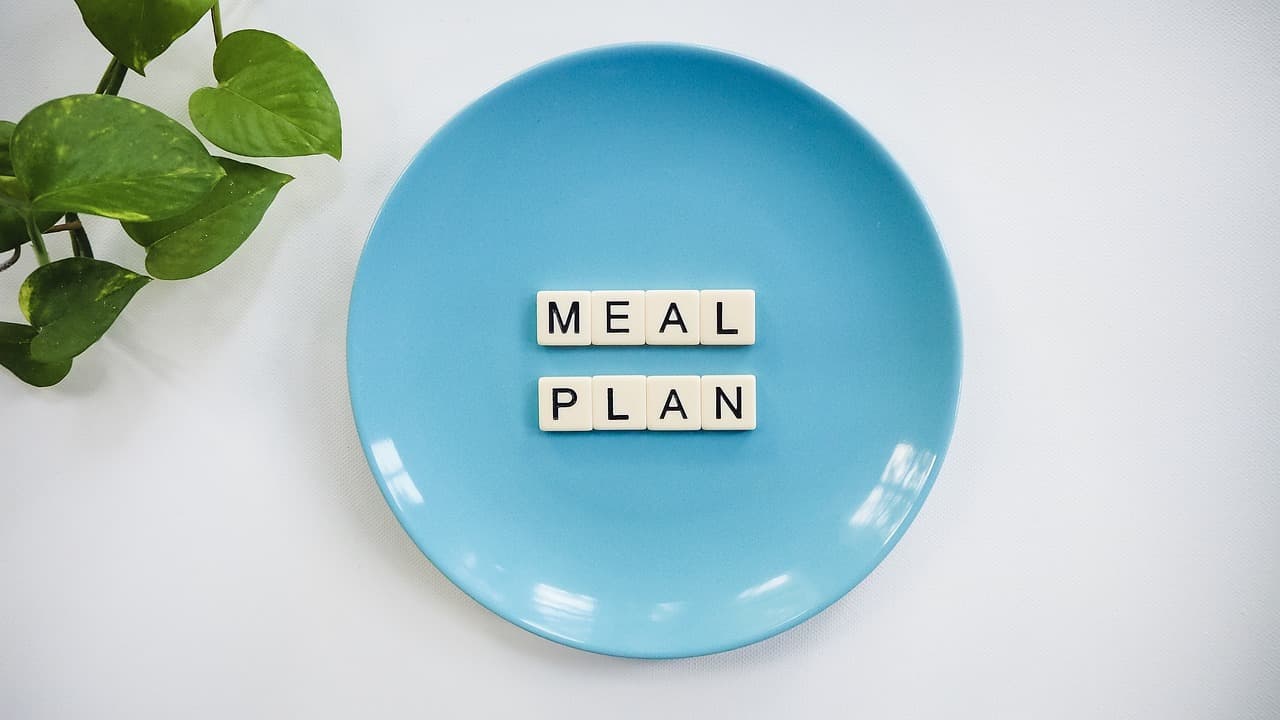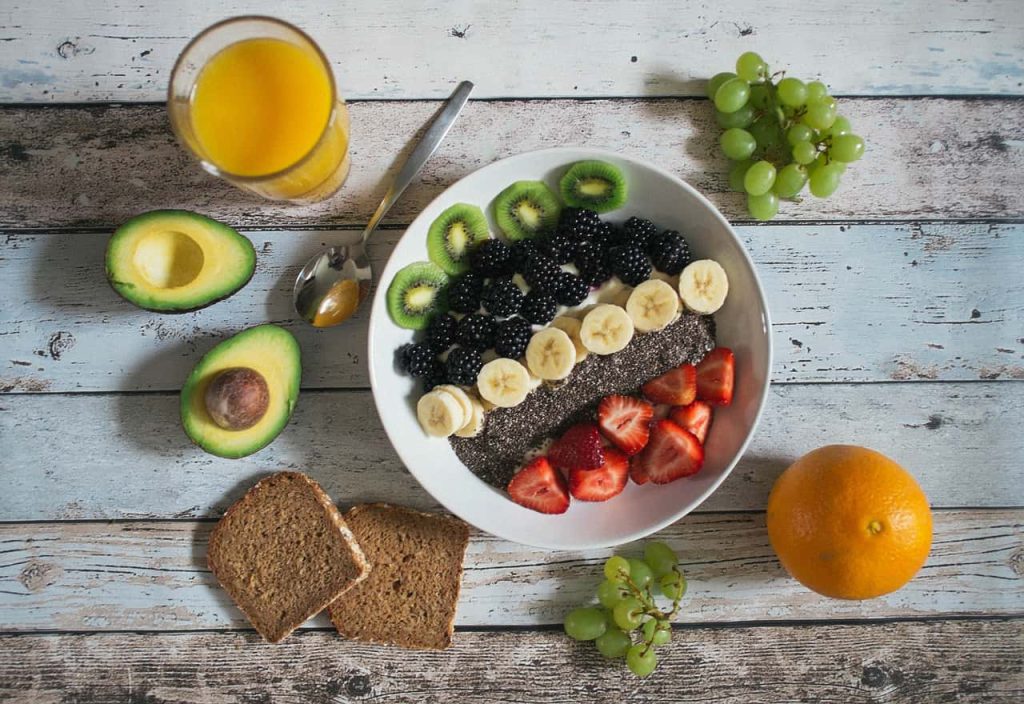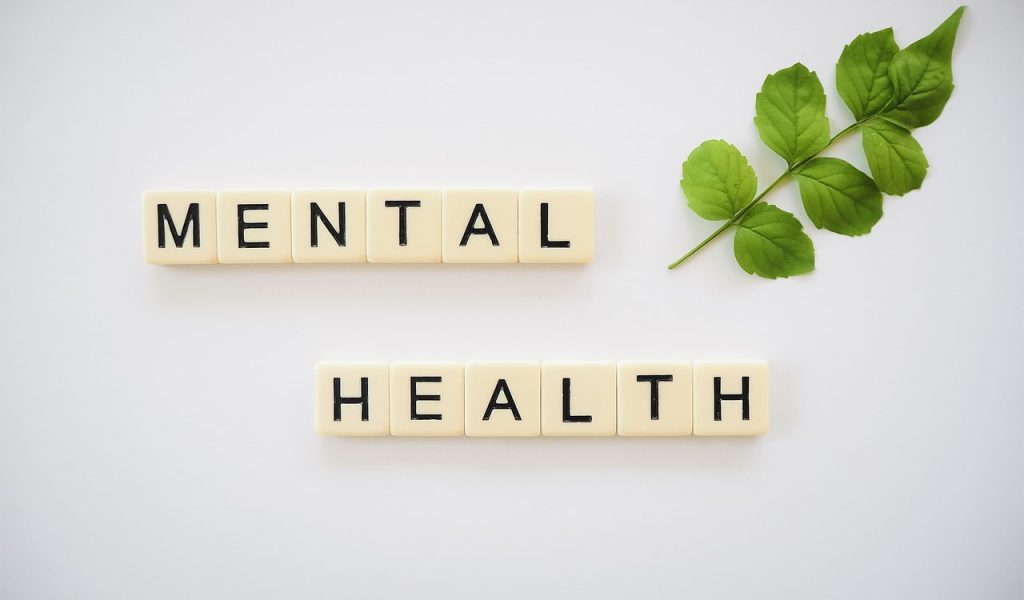Creating a balanced diet is essential for maintaining long-term health. This comprehensive guide will explore the components of a balanced diet, benefits and practical tips to implement it in your daily life. We’ll also discuss how a well-rounded diet can impact your overall well-being.
A balanced diet provides your body with the necessary nutrients it requires to function correctly. It is crucial for fostering good health and well-being at all life stages. Eating a variety of foods can help prevent diseases such as heart disease, stroke and diabetes while also helping to maintain a healthy weight.
Understanding the Basics of a Balanced Diet
A balanced diet includes a variety of food items from each of the major food groups in the right proportions. The major food groups are:

- Fruits and Vegetables: Rich in vitamins, minerals and fiber, fruits and vegetables are foundational to a healthy diet. Aim for at least five portions a day.
- Proteins: Essential for muscle repair and growth, proteins can be found in meat, fish, eggs and plant-based sources like beans and lentils.
- Carbohydrates: The body’s main energy source, carbohydrates should be sourced primarily from whole grains like brown rice, oats and whole wheat products.
- Dairy or Alternatives: Important for calcium, which is vital for healthy bones and teeth. Choose low-fat or fat-free options to reduce calorie intake.
- Fats: Necessary for brain health and energy, fats should be consumed in moderation, for unsaturated fats found in olive oil, nuts, and avocados.
Planning Your Meals
To create a balanced diet; planning your meals is crucial:

- Breakfast: Start your day with a combination of high-fiber carbohydrates and protein, like oatmeal with a scoop of protein powder and fresh berries.
- Lunch: Incorporate a variety of vegetables with lean protein, such as a turkey and salad whole grain wrap.
- Dinner: Focus on a balance of protein, carbohydrates and vegetables, such as grilled salmon with quinoa and steamed broccoli.
- Snacks: Choose healthy options like yogurt, nuts or fruits to keep energy levels stable.
The Benefits of Eating a Balanced Diet
Eating a balanced diet has numerous health benefits including:

- Weight Management: Proper diet and exercise help maintain a healthy weight.
- Improved Mood: Nutrients significantly impact brain function and can enhance mood and reduce stress.
- Disease Prevention: A diet rich in fruits, vegetables and lean proteins can help prevent chronic diseases.
Practical Tips to Maintain a Balanced Diet
- Shop Smart: Create a grocery list based on your meal plan to avoid impulse buys.
- Cook at Home: Preparing meals at home can help control ingredients and portion sizes.
- Mindful Eating: Pay attention to what and how much you eat. This practice can prevent overeating.
Incorporating Changes Gradually
Start small by incorporating more fruits and vegetables into your meals and reducing processed foods. Gradual changes are more sustainable than major dietary overhauls, which can be hard to maintain.
Conclusion
A balanced diet is key to a healthy lifestyle. By understanding the components of a balanced diet and following practical tips to implement it, you can enhance your physical and mental health and enjoy a higher quality of life.


